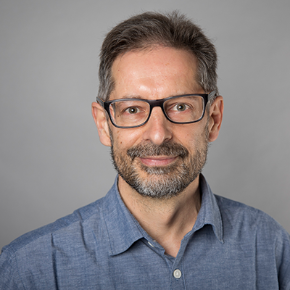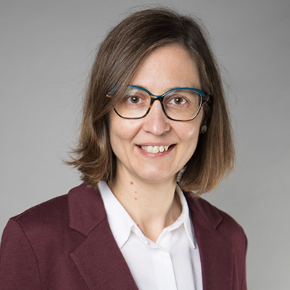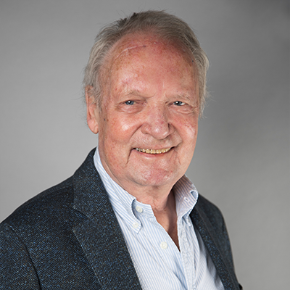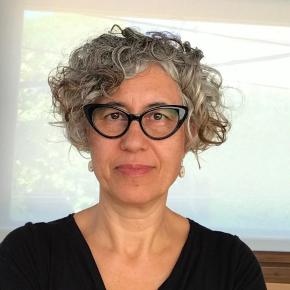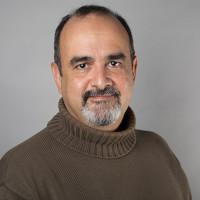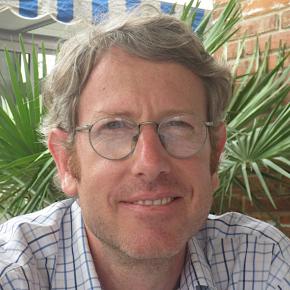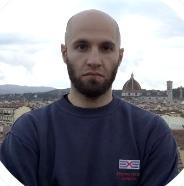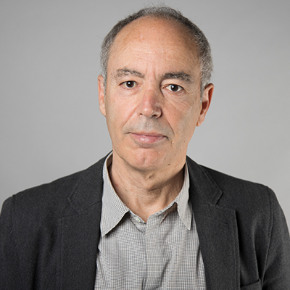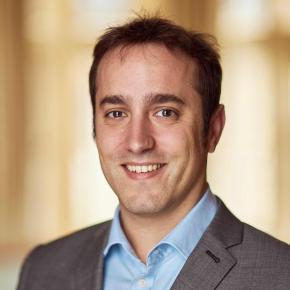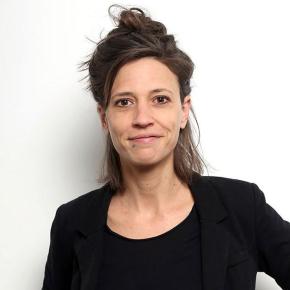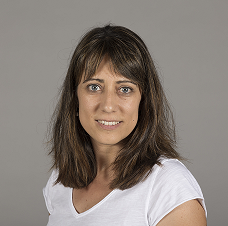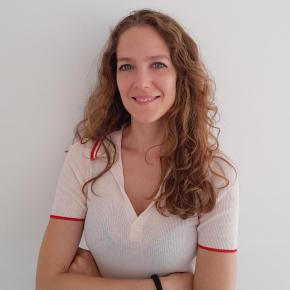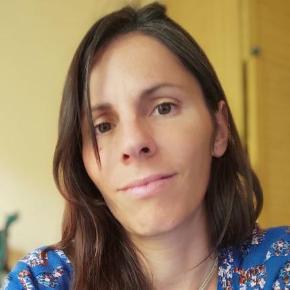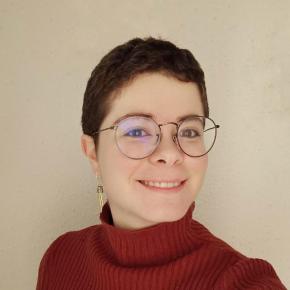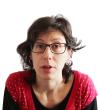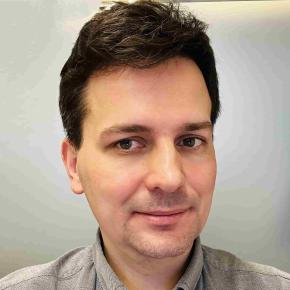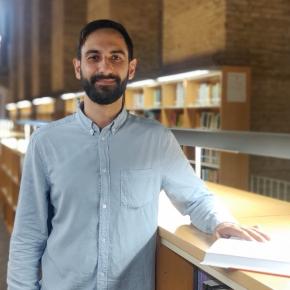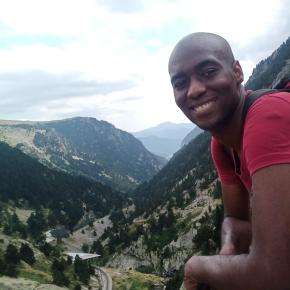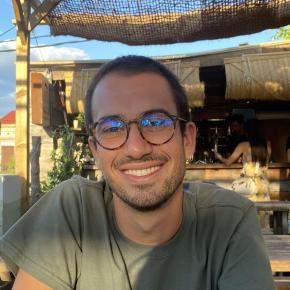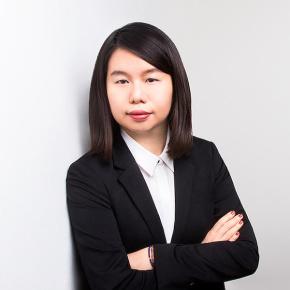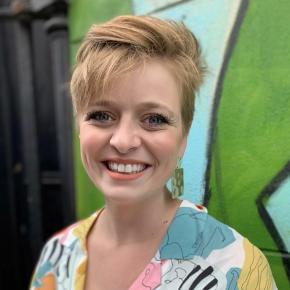Team
MARINA TRESKOVA
Heidelberg University, Germany
20 March - 2 April 2023
Dr. Marina Treskova is a Postdoctoral Researcher at the Heidelberg Institute of Global Health and the Climate-Sensitive Infectious Diseases Lab at Heidelberg University in Germany. She works on climate-sensitive infectious disease modelling and intervention evaluation, including investigating impacts of climate change and ecological disturbance on vector-borne and zoonotic infectious diseases, applying methods of intervention science to develop and evaluate approaches that target disease emergence at the source, and implementing statIstical and dynamic transmission models. She holds a Ph.D. in Health Economics from the Center for Health Economics Research Hannover, Leibniz University Hannover, Hannover, Germany. Her visit to DemoSoc will involve collaboration on the IDAlert Project (http://idalertproject.eu).
VICENTE LUÍS JIMÉNEZ ONTIVEROS
Margarita Salas Fellow, University of Girona
26 April 2023 - 25 April 2024
Dr. Jimenez Ontiveros is a Margarita Salas Fellow at the University of Girona. He studies the temporal dynamics of ecological communities, using stochastic and deterministic models. His work includes research on social contact patterns, disease spreading, and vector dynamics. He is currently working on multilayer networks as a formal framework for studying complex systems with multiple features. He holds a Ph.D. in theoretical ecology from the University of Girona. His visit to DemoSoc will involve collaboration on questions related to disease dynamics in human-human and human-mosquito networks.
JULIA RENEE STEINBERG
University of Maryland, College Park
Semptember 2022 - June 2023
PhD. Dr. Steinberg is an associate professor in the Department of Family Science within the School of Public Health at the University of Maryland, College Park. She is an expert on the science of abortion and mental health, and on how the science is or is not used in the U.S. abortion policy context.
On her sabbatical, as a visiting faculty at Pompeu Fabra University in the DemSoc group of the Department of Political and Social Sciences, she will learn about abortion in Spain and whether and how the notion that abortion harms women's mental health is used to justify policies limiting access to abortion in Spain.
MARIA BILO
Sapienza University, Rome. Italy
May 8th to August 8th 2017
Ph.D. student at Sapienza University (Rome, Italy), and will be visiting our department and DemoSoc particularly from May 8th to August 8th 2017 working with Professor Aïda Solé on the estimation of disability trends among older people in several European countries.
RENZO CARRIERO
University of Turin, Italy
Period
PhD, is Assistant Professor of Sociology at the University of Turin, Department of Cultures, Politics, and Society, where he teaches Social Sciences Methodology and Data Analysis. His main research interests revolve around gender, family and social inequalities. Within this broad field, he most often investigated two topics: the gender division of household labor and welfare state attitudes.
During my research visit at Pompeu Fabra, I will present my work at seminars or directly in person to anyone who is interested in my topics and would like to exchange ideas. Here are some titles of my current research lines:
- Disentangling the role of culture in the gender division of household labor
- Becoming parents in Italy: the role of relative resources
- Analysis of gender asymmetry in Italian academia
- The relationship between income inequality and support for redistribution: fact or artifact?
- Who wants to innovate the welfare state in Italy? Public opinion and future policy options
- Religion and social integration of immigrants in Italy
BRENDA CARRILLO GARDUÑO
National Autonomous University of Mexico
September 1st to December 20th
Posgraduate student at the National Autonomous University of Mexico. She is currently developing a research on gender relations in a mexican primary school and the implications of a federal gender policy that has been implemented there. The theoretical frame is based on the work of Pierre Bourdieu and Raewyn Connell regarding field theory and gender order.
MIRKKA DANIELSBACKA
University of Turku / Population Research Institute at the Family Federation of Finland
Period
Senior researcher at the Department of Social Research at the University of Turku and Population Research Institute at the Family Federation of Finland. She is a co-director of Generational Transmissions in Finland (Gentrans) project and Intergenerational relations: from single discipline paradigm towards interdisciplinarity (IntRel) project. Danielsbacka holds a PhD both in History (University of Helsinki, 2014) and Social and Public Policy (University of Helsinki, 2016). Her research focuses on intergenerational family relations, sibling relationships, history of grandparenthood and welfare state development. She has published widely on family and intergenerational relations in several journals, e.g., Child Development, Journal of Marriage and Family, Evolution and Human Behaviour and Social Science and Medicine. Two recent books are Intergenerational Family Relations (2019, Routledge, together with Antti O. Tanskanen) and Reciprocity in Human Societies (2019, Palgrave Macmillan, together with Antti Kujala). The current research visit at University of Pompeu Fabra is related to Gentrans and IntRel projects considering family ties and support between generations.
PABLO GRACIA
Trinity College Dublin
July 2019
Dr Pablo Gracia is an Assistant Professor in Sociology at Trinity College Dublin. He obtained a PhD in Sociology at Pompeu Fabra University, while receiving further doctoral training at Oxford. He has been an AMCIS Postdoctoral Fellow at the University of Amsterdam and Max Weber Fellow at the European University Institute. Dr Gracia has been a visiting lecturer or researcher at the Institute of Education (UCL), New York University, French National Institute of Demographic Studies (INED), and the University of Antwerp (CSB). Dr Gracia’s research focuses on the links between families and inequalities across life-course stages, households and national contexts. His personal webpage contains detailed information on his academic work: https://www.pablogracia-sociology.com
Dr Gracia plans to visit the DemoSoc Group at UPF during July 2019 to discuss his current research with demographers, sociologists and methodologists at the UPF on the role of parental separation parental and child well-being. One part of his project is a collaboration with Dr Tomas Cano (Frankfurt University), former PhD candidate at the UPF, on how parental separation influences children’s time use. The second part of this project is his project with Cadhla McDonnell (Trinity College Dublin), funded by the Marie Skłodowska-Curie Actions, IRC Caroline (COFUND), combining secondary longitudinal data with field experimental data to establish empirically how parental separation can impact parental and child well-being and mental health.
EMILIO PARRADO
University of Pennsylvania
2015 and 2016 for two weeks
Chair of the Department of Sociology at the University of Pennsylvania and director of the Latin America and Latino Studies Program, has visited our research group twice (2015 and 2016) for two weeks.
EILEEN PETERS
Bielefeld University
April 10th, 2020
Research Assistant and PhD student in the DFG funded project "Organizational Inequalities and Interdependencies between capabilities in work and personal life: A study of employees in different work organizations" at Bielefeld University. She investigates social inequalities between employees within the same work organization with a special focus on inequalities between immigrants and natives as well as gender differences and how these are exacerbated or mitigated by organizational characteristics. During her research visit at UPF, She will present her research at the DemoSoc seminari (18.02.2020) but She is always happy to talk with anyone who is interested in her research. During her visit she will mainly focus on the further development of her joint research with Dr Silvia Maja Melzer and Prof. Lynn Prince Cooke. They investiagte gender and gendered parenthood gaps in employer-provided training and how the sex and parenthood status of employees’ immediate supervisors infleunces the access to training. She current work consists of the following research:
- How the institutional context of the public and private sectors shapes the scope of workplace inequalities between immigrants and natives (Peters & Melzer)
- Equality through Equal Opportunity Policies? Workplace mentoring programs, female quotas and the gender pay gap within German workplaces (Peters, Drobe & Abendroth)
- Gender and gendered parenthood gaps in employer-provided training and the role of immediate supervisors (Peters, Melzer and Cooke).
LUCA STORTI
University of Turin, Italy
Period
Assistant Professor of Economic Sociology at the University of Turin (Italy), where he teaches Economy and Institutions. His current research interests deal with the Mafia’s processes of expansion in Italy and abroad; the topic of entrepreneurship and regional development; the so-called question of the middle-class.
During his stay in Barcelona he will mainly carry out a research project on the processes whereby Italian mafias expand abroad. We use the concept of mafia to denote a particular form of organized crime that is capable of infiltrating the legal economy and politics, and of offering protection, thus gaining a certain social acceptance. Signs of mafia settlement are dotted throughout a number of European countries, including Spain, with negative effects on the economic, political and social sphere. The mafia’s presence distorts the markets’ regular operation, putting law-abiding enterprises at a disadvantage. It discourages the more dynamic economic investors who are unwilling to engage in informal or illegal activities, furthers the spread of forms of corruption that make bedfellows of politics and economics, threatens the public’s safety and that of institutions, and favors processes of adverse selection in economics and politics by benefiting candidates and businesses who have mafia ties. For these reasons, the spread of the Italian mafias in Europe has become a topic of growing interest, for European institutions as well as for scholars, public opinion, and law enforcement. Accordingly, the research project’s general goal is to identify the factors that contribute to the mafia’s processes of international expansion. Through a combination of qualitative and quantitative techniques, the study will identify how and where the Italian mafia is present in Europe, and the factors that make areas vulnerable to mafia encroachment.
ANTTI O. TANSKANEN
University of Helsinki / University of Turku and Population Research Institute at the Family Federation of Finland
Period
Senior lecturer at the University of Helsinki and senior researcher at the University of Turku and Population Research Institute at the Family Federation of Finland. His main research topics include family relations, intergenerational transmissions, fertility, working life and social stratification. The recent book Intergenerational Family Relations: An Evolutionary Social Science Approach (2019, Routledge), with Mirkka Danielsbacka, combines theories and findings from social science and evolutionary family studies. Tanskanen is a co-director of Generational Transmissions in Finland (Gentrans) project and Intergenerational relations: from single discipline paradigm towards interdisciplinarity (IntRel) project. He has published articles in several high-quality social science journals, e.g., Child Development, European Sociological Review, Evolution and Human Behaviour, Journal of Marriage and Family, Research on Social Mobility and Stratification and Social Science Research. The current research visit at the University of Pompeu Fabra is related to Gentrans and IntRel projects considering family ties and support between generations.

